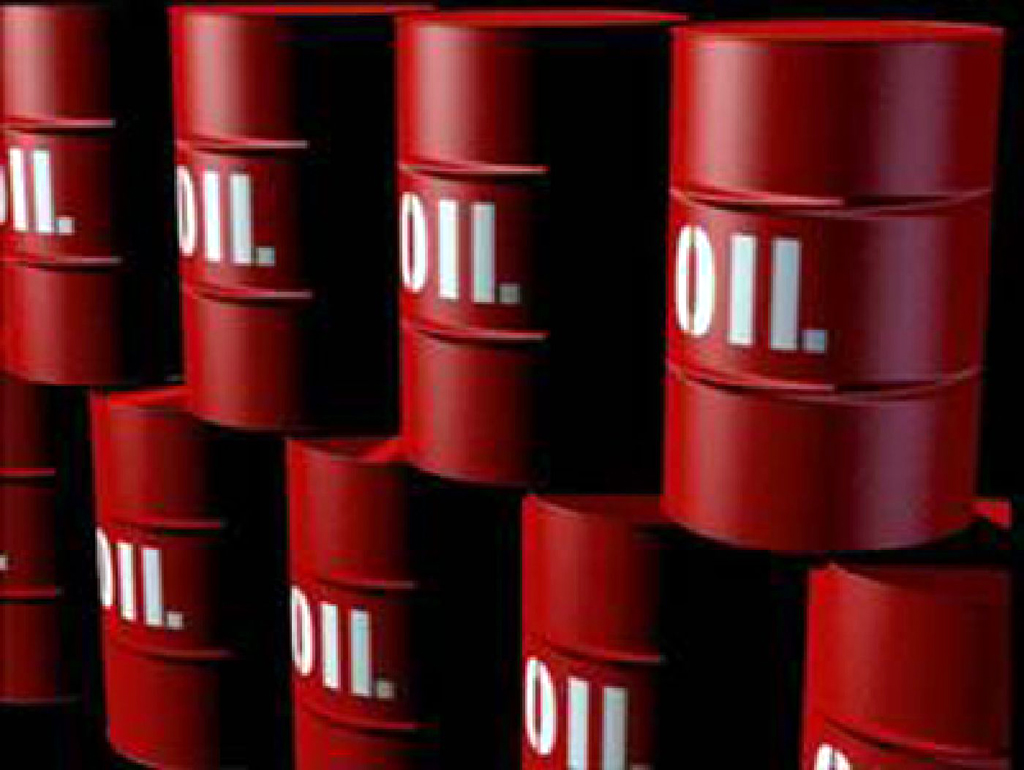Oil prices get a lift from short-covering: Kemp

LONDON: Hedge fund managers have started to cover some of the bearish short positions in oil they established since late April, amid hopes for interest rate cuts and a trade truce between China and the United States.
Hedge funds and other money managers increased their net long position in the six major petroleum futures and options contracts by 19 million barrels in the week to June 25.
Last week's rise was the first after money managers cut their combined net long position by 389 million barrels over the previous eight weeks, a significant turnaround (https://tmsnrt.rs/2FKYmOv).
Position changes were driven by short-covering. Portfolio managers sold 2 million barrels of former long positions, but they also bought back 21 million barrels of previous shorts.
Hedge fund long positions outnumbered shorts by a ratio of 3.69:1 on June 25, up from just 3.31 two weeks earlier, though still down from a recent high of 8.68 on April 23.
Hedge funds continued to sell Brent (-17 million barrels) but were net buyers of NYMEX+ICE WTI (+11 million), US gasoline (+11 million), US heating oil (+11 million) and European gasoil (+3 million).
Benchmark US crude futures prices have risen by almost $8.70 per barrel (17%) since touching a recent low on June 12.
The catalyst for fund buying has been a combination of rising expectations for interest rate cuts; a US/China trade truce; threats to tanker traffic; and indications OPEC+ will extend output cuts through the end of 2019.
However, the main reason is that the hedge fund community had become very bearish over the previous two months - reversing its earlier bullishness since the start of the year.
The large concentration of short positions, especially in crude and US heating oil, left the market vulnerable to a short squeeze in the case of any increase in prices.
The number of short positions is still relatively high, which suggests there could be more short-covering to come in the weeks ahead.
But the fundamental outlook has not changed. Global growth is slowing, which will hit oil consumption, while OPEC+ is trying to stabilise prices by extending production limits for an extra 6-9 months.


























Comments
Comments are closed.